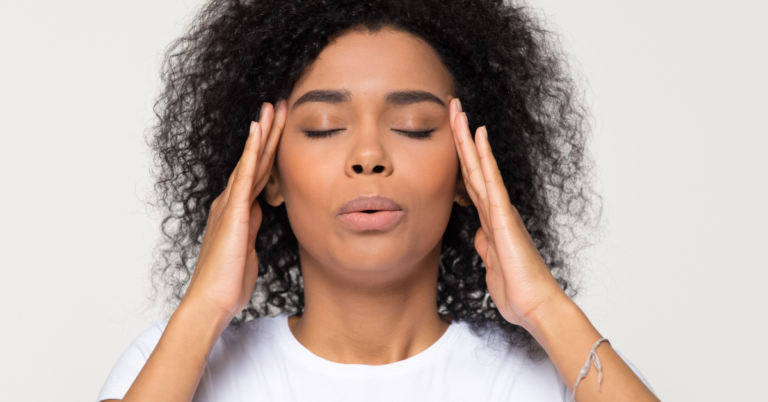In March 2020, COVID threw our world into chaos. Many companies are still dealing with the effects of this chaos, particularly in the areas of supply chain, cost, and labor issues. Another business challenge brought about by COVID is the split between remote and on-site workers.
For companies in which ALL employees are able to work from home, there are many productivity challenges that need to be navigated to make the remote work arrangement successful. But these issues are magnified when some employees are allowed to work from home and others must report to the office – often against their will.




